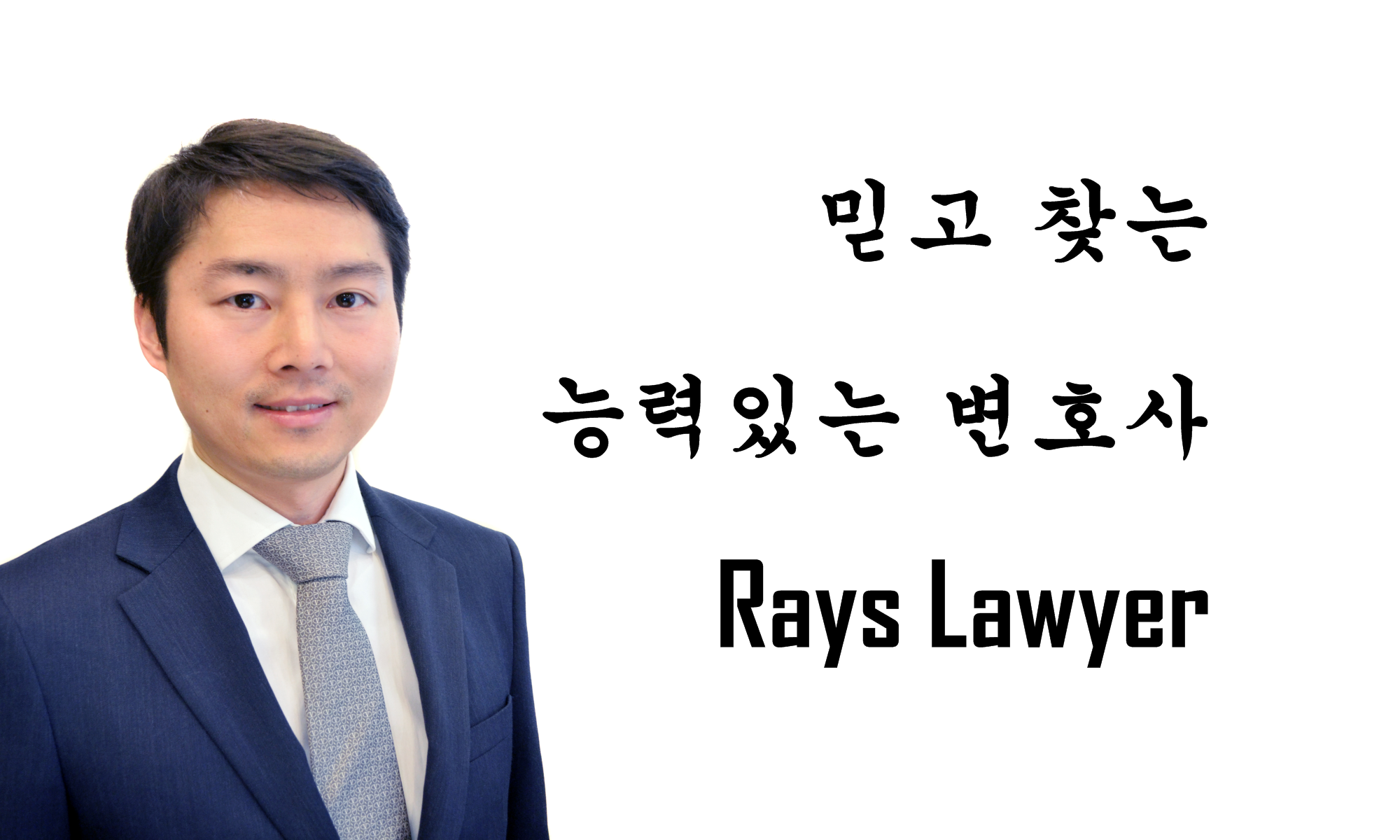Taking legal action is a serious step for anyone. Before taking legal action there are a number of considerations.
Is Legal Action Necessary?
Taking legal action should be a last but necessary resort. Many disputes can be resolved without taking legal action, whereas in others legal action is almost inevitable. Before taking legal action you could send a letter of demand to the other party to make it clear that you intend to commence legal action if your dispute is not resolved. It is most effective if this letter of demand comes from your lawyer. If you send such a notice then make sure that the other party is given sufficient time to respond. The response time will depend on the nature of the dispute, but should generally be between 7 to 21 days.
An alternative to a letter of the kind described above is to suggest that the parties participate in Alternative Dispute Resolution (ADR), which includes mediation, conciliation and arbitration. ADR is a cost effective means of resolving a dispute. In most cases, the Community Justice Centre can arrange a mediation for the parties for free (as at the time of writing this article in June 2015). It can generally be undertaken in a timely manner with a view to resolving the dispute quickly and potentially salvaging the relationship between the parties. If a matter proceeds to court then in some cases Alternative Dispute Resolution is compulsory.

What’s the cost?
Taking legal action can be expensive but we are happy to discuss this with you and provide you with a quote for a fixed cost (for the whole matter if possible. If not, then for each step). Sometimes, the cost of taking legal action exceeds the value of what you are seeking. If this is the case then you should carefully consider whether legal action is sensible as the other party may have similar concerns and could therefore be willing to participate in ADR or otherwise negotiate to resolve the dispute without legal action.
If you take legal action and win then there is still a risk that you will not recover your costs and will be left out of pocket, for example, if the other side goes bankrupt or wound up.
If you lose, it is likely that you will have to pay for the other side’s legal costs. If the other side has not engaged a lawyer, there would not be any legal costs payable to them. In most cases, the costs are subject to assessment before any court orders are issued.
Legal action takes substantial time
Taking legal action is time consuming and can take a long time from 6 months to many years (in a case we have seen up to 8 years). This is a long time to wait for an outcome. If you need an outcome by a certain time then this cannot be guaranteed so you may have to consider other options.
Are you prepared to lose?
It is impossible for a legal adviser to state with any certainty whether legal action will be successful. You must therefore consider before taking legal action whether you are prepared to lose. There is a risk that you will lose the first time. Then you may appeal the court’s decision to a higher court. This appeal may or may not be successful.
There are both financial risks and emotional costs to be considered when deciding on whether to take legal action. It is advisable to obtain counseling along the way as necessary.
If I win the case, will I get the money that I claim?
There is always a possibility that the other party to your dispute will not be in a financial position to satisfy a judgment in your favour. In such a situation, although you may win the case, you could still “lose” the legal costs and would not recover anything.
It is therefore important for you to assess the financial position of the other party before taking legal action. In some cases, you may wish to apply for bankruptcy or liquidation of the other party for a number of considerations (including for preventing the other party from carrying on business while they are insolvent).
Final Word
Taking legal action can be difficult for the parties involved. It can be time consuming, a waste of money and emotionally draining for individuals involved (perhaps less so for corporates). You must therefore consider the matters raised above and seek advices for your specific needs. We can assist you and provide further advices as needed. Our first consultation is free.
All information provided on this website including the above is for your reference only and does not constitute legal advice. You should seek legal advices specific to your needs.

